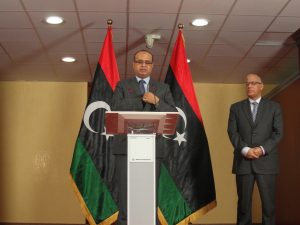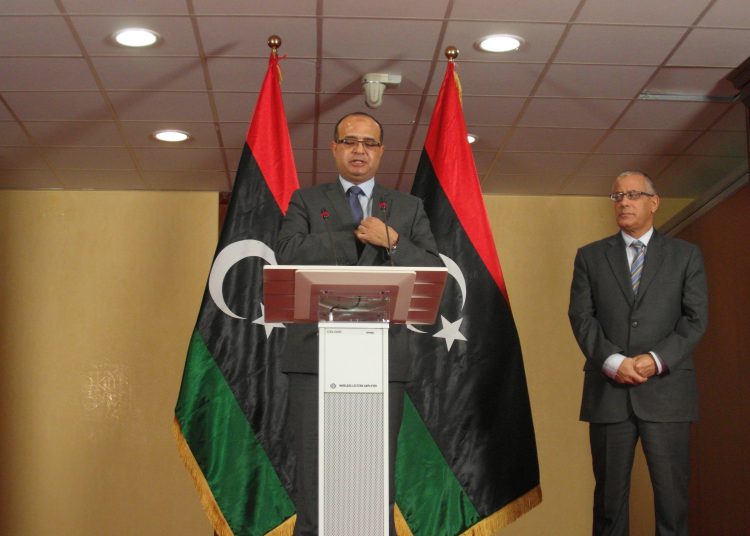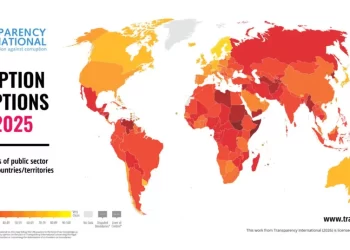By Sami Zaptia.

Tripoli, 5 February 2013:
The pressure of public opinion on Prime Minister Ali Zeidan and his government has increased recently. . . .[restrict]And as the demand by the general public for a better, speedier and more effective performance has increased, Zeidan and his Ministers have rightly made a point at successive press conferences of pointing out the fact that they have only been in power for two and a half months.
At Monday’s press conference, both Zeidan and his Deputy, Awad Barasi, again appealed for patience and time. Moreover, promising that solutions will soon follow with the approval of the budget by the GNC, Zeidan attempted to explain part of the reason the government is not spending.
“We are restricted by the audit bureau and its rules and regulations, which might be acceptable in ordinary times but in our present situation it may be too restrictive”, Zeidan complained.
“We hope they (the Audit Bureau) can ease their procedures so that we can take action faster”, the Prime Minister pleaded.
“We are awaiting the GNC approval of the budget so that we can execute government policies”, the Prime Minister said in the hope of offering some reassurance.
Zeidan then went on to give an example of his intention to get some faster movement on the ground. Referring to the recently announced batch of construction sector projects Zeidan explained that his government had “promised the contracting companies 50 percent payments upfront so that they can execute quickly”, he emphasized.
Meanwhile his Deputy revealed that the government had “made decisions to pay many outstanding wages recently for some of the stalled companies”.
The Prime Minister’s complaints highlight the fact that the present administration is still for all intents and purposes, operating under and within the restrictive Qaddafi era rules and laws.
The present legislature, the GNC, has done little to reform the existing set of laws governing life in Libya.
The National Transitional Council’s (NTC) Transitional Constitutional Declaration, the social contract that on the whole governs the relationship between the Libyan public and their political rulers, states in article 35 that unless repealed or contrary to the Revolution, all the old laws remain in force.
Zeidan may be beginning to feel the mounting pressure of public opinion heightened by the approach of the emotional second anniversary of the 17th February Revolution. His attempt to blame the current laws may also be seen as an attempt to deflect some of the blame laid at his government’s door towards the GNC.
It is not clear why the GNC has not attempted to reform many of the Qaddafi-era laws that are clearly inapplicable in a free-market, decentralized, private sector democratic era.
Some of the reason could be simply down to their inexperience and ineffectiveness, whilst some to the fact that the GNC may feel it does not quite have the full legitimacy to be executing wholesale reform.
[/restrict]









